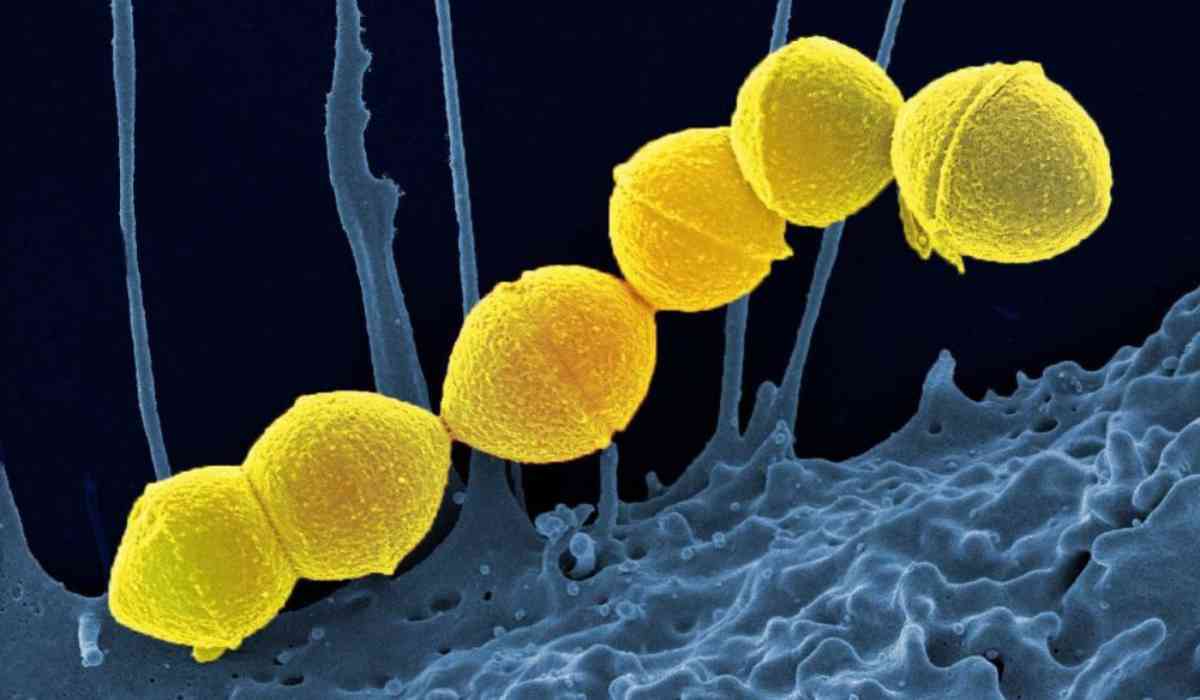Beware!! A flesh-eating bacterial infection has emerged which poses a significant threat to Humanity. What is it? Is it really a threat or a hoax? Let’s learn all about this disease!
It has been a few years for mankind trying to cope with the trauma of Covid-19 and live life back as usual, though the ‘danger is not over yet’ with new variants coming every year. Now when new infections be it bacterial or viral emerges, we take them very seriously.
Currently, a ‘flesh eating bacteria’ also known as Streptococcal Toxic Shock Syndrome (STSS) in Japan is spreading rapidly, with hundreds of cases reported on a daily basis. And what’s more concerning is the ‘fatality’ rate in this infection.
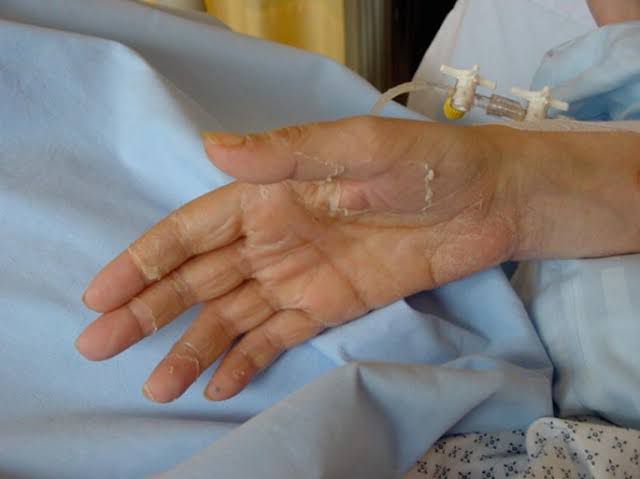
What is Streptococcal Toxic Shock Syndrome?
A rare Streptococcal Toxic Shock Syndrome is a severe bacterial infection caused by group A Streptococcus bacteria.
How does the bacteria infects the human body? These bacteria enter deep tissues and the bloodstream and start to release toxins triggering an intense and rapid inflammatory response in the body. It is though rare for someone with STSS to spread the infection to others directly, making it a non-communicable illness but less severe infections with group A strep can rapidly turn into STSS if untreated.
Shocking fatality rate! Streptococcal toxic shock syndrome can quickly develop into a life-threatening emergency, taking the lives of people within 48 hours.
Cases reported? Japan’s National Institute of Infectious Diseases has indicated surge in cases, with nearly 1,000 reported infections this year, a lot more than waht was recorded last year, with 97 fatalities. They have been tracking incidences of the illness since 1999. Experts are concerned on the rising number of cases, they claim that the number of cases in Japan could reach 2,500 this year.
Let’s take a sigh of relief, as the cases are still rare. As compared to the number of infections of influenza or Covid, it's infection is quite low. Japan’s health ministry has also advised tourists that there’s no need to cancel travel plans due to the outbreak.
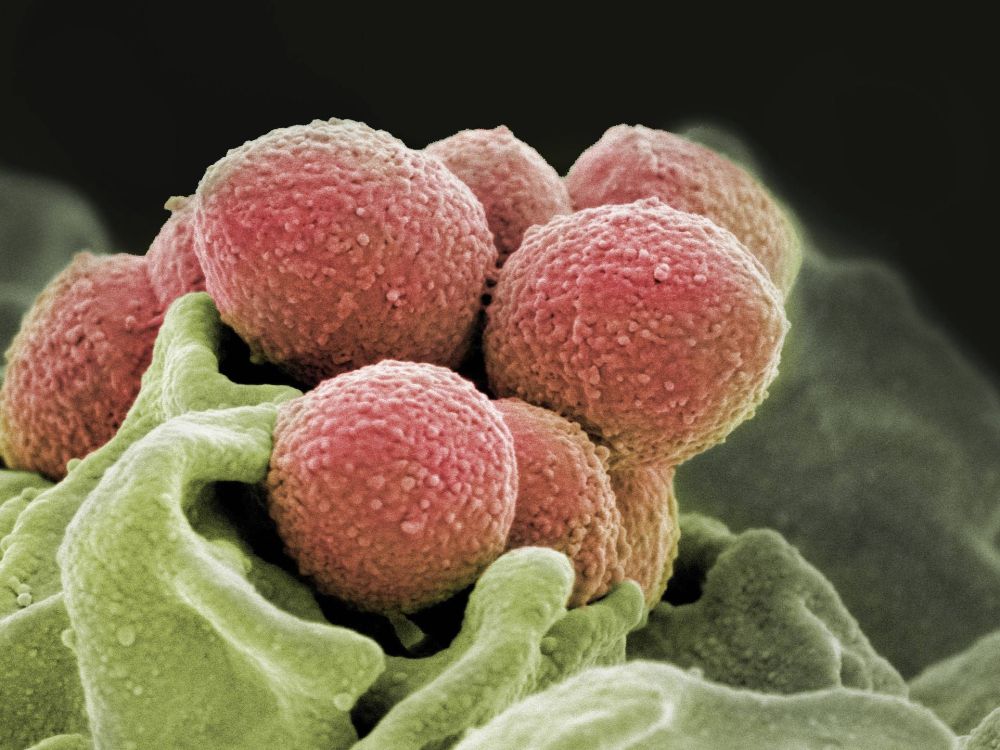
What can the infection do to the body? (Symptoms)
First few hours
- fever
- chills
- muscle aches
- nausea
- vomiting.
More than 24 hours
- low blood pressure
- rapid heart rate
- fast breathing.
- rapid tissue decay
- severe pain and shock.
- If it spreads into deep tissue and bloodstream, multi-organ failure in a short span.
- swelling
- In children: sore throat or “strep throat.”
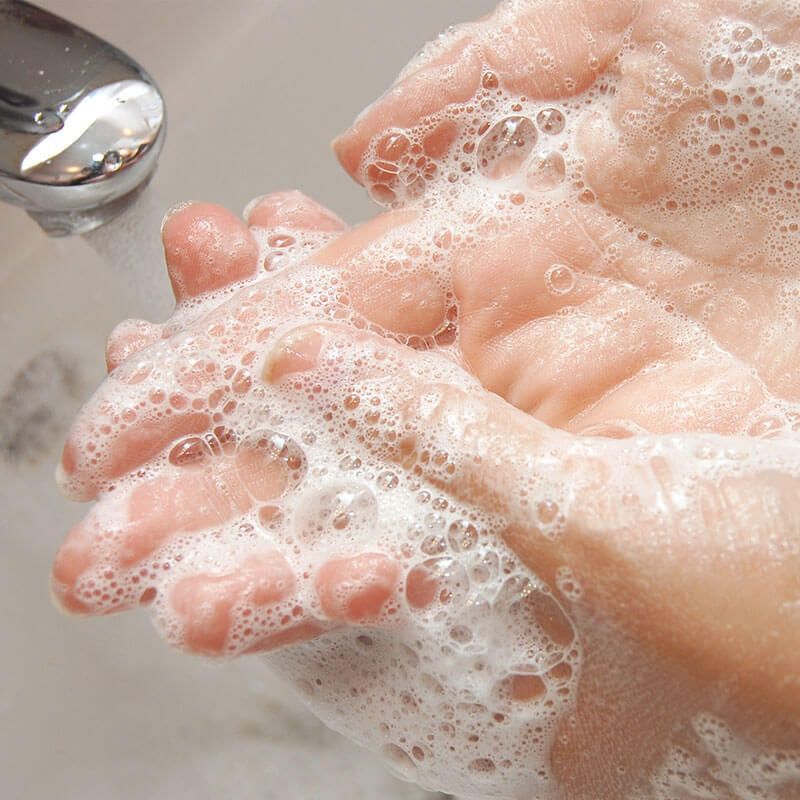
Prevention?
- First of all, Maintaining good Hygiene is very important: wash your hands regularly and cover your mouth while you cough and sneeze. Similar to what we do in a common cold.
- Next, is to take proper care of your wounds. If you have an open wound or skin infection, avoid spending time in swimming pools, lakes, rivers or the ocean or in hot tubs.
- Resting won’t work for this, You can seek medical attention as soon as you observe any signs of infection.
Treatment?
- Several tests, including blood tests are required to detect group A strep bacteria and check organ function.
- A diagnosis is confirmed when someone has a group A strep infection along with low blood pressure and signs of two or more organ failures, like kidney or liver problems.
- Patients need hospital care, where treatments include intravenous fluids to help combat shock and organ failure, the CDC says.
- For more serious infections, antibiotics can help as it kill the bacteria, especially in patients over 65.
- In more extreme cases, patients may need surgery to remove infected tissue.
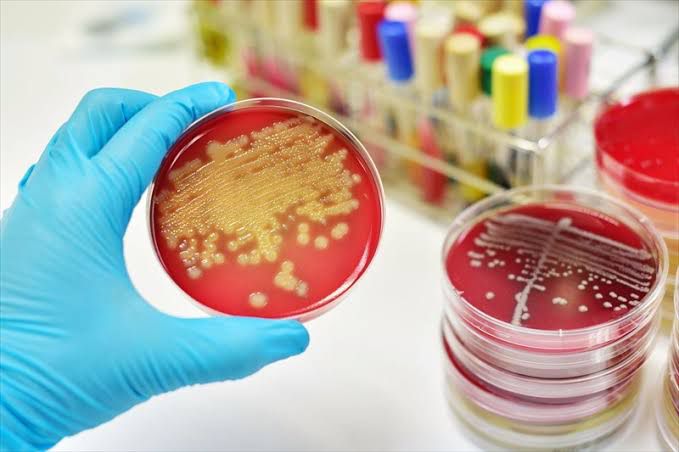
What is the Japanese Authorities Response?
- Japanese health authorities are actively monitoring the situation and intensifying efforts to curb the spread of STSS.
- Public awareness campaigns are educating people about the symptoms and severity of the disease, emphasizing the importance of seeking prompt medical care if symptoms appear.
- Hospitals are on high alert to diagnose and treat STSS cases swiftly and are promoting enhanced hygiene practices.
© Copyright 2024. All Rights Reserved Powered by Vygr Media.

